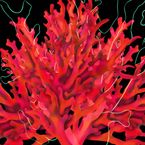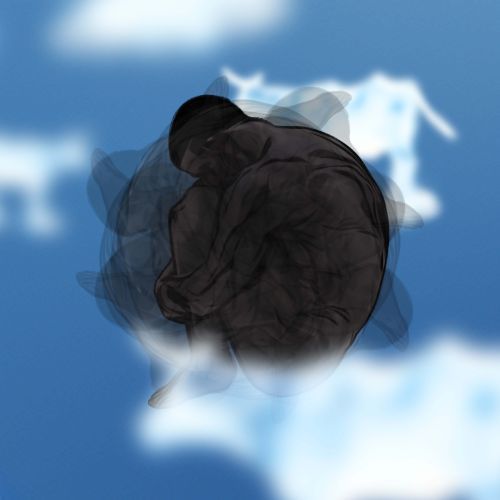Forced labour in the car industry in Xinjiang and death at sea
The number of murders – and deaths in general on the seas and oceans, also resulting from negligence and accidents – is very difficult to estimate. Around 32,000 casualties per year are typically reported, making commercial fishing one of the most dangerous professions in the world. However, according to a recent study by the FISH Safety Foundation, this amounts to more than 100,000 deaths in the fishing industry per year, or more than 300 deaths per day. Flawed laws and the resulting impunity for perpetrators, as well as brutality and forced labour on the vessels of the deep-sea fleet, are common causes of tragedy.
A report by experts from, among other institutions, Sheffield Hallam University, on the global automotive industry highlights its extensive links with China’s Xinjiang Autonomous Region, where goods are produced using forced labour by Uyghurs and other ethnic minorities. Mention is made, for example, of the steel-producing company China Baowu Steel Group Corp., Ltd. This is one of the large suppliers to the automotive industry, which is involved in the Chinese government’s policy towards Uyghurs in Xinjiang.
Metal parts, batteries, wiring and wheels, for example, are sourced from factories in Xinjiang, and Chinese companies operating there participate in the global automotive parts supply chain. This increases the likelihood that their services can be used by manufacturers such as Volkswagen Group, Honda Motor Co. Ltd, Ford Motor Company, General Motors Company, Mercedes-Benz Group, Toyota Motor Corporation and Tesla, Inc.


























